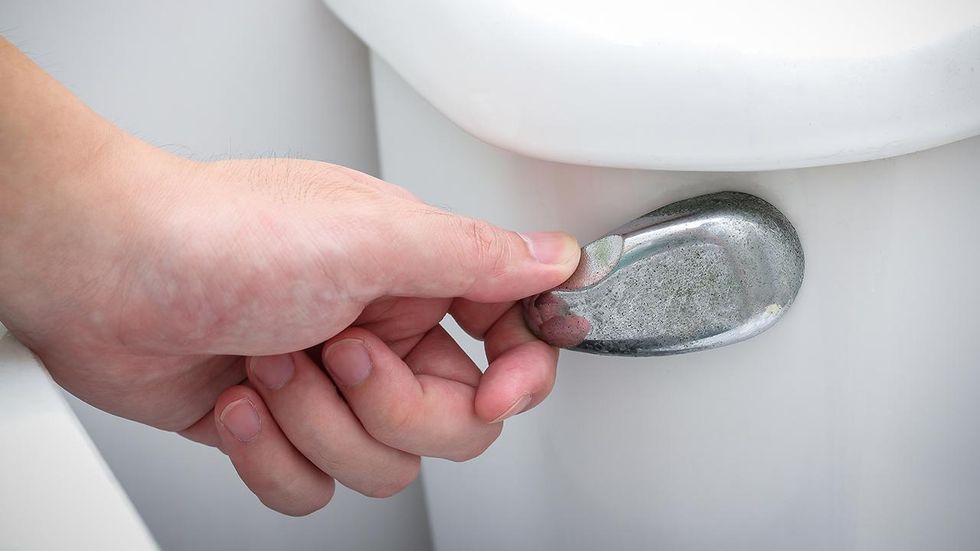
California is now the first state in the nation to pass a tough water use law that will in essence have people counting flushes and watching the time they spend in the shower. (shayneppl/Getty Images)

California has become the first state in the nation to pass a controversial new law that places tough limits on home water usage, KOVR-TV reported.
That means the state will have “more focus on flushes and scrutiny over showers,” according to the report.
Starting in 2022, California will limit water to 55 gallons per-person, per-day. By 2030, the amount falls to 50 gallons.
To put this into perspective, just taking one eight-minute shower (17 gallons of water) and doing one load of laundry (up to 40 gallons) is enough to exceed the 55-gallon limit. Taking a bath can use 80 to 100 gallons of water.
Why is the state doing this?
“So that everyone in California is at least integrating efficiency into our preparations for climate change,” said Felicia Marcus, chair of the State Water Resources Control Board.
Some residents said the limits are unrealistic.
“With a child and every day having to wash clothes, that’s — just my opinion — not feasible. But I get it and I understand that we’re trying to preserve, but 55 gallons a day?” Sacramento mom Tanya Allen, who has a 4-year-old daughter, said to KOVR.
Rocka Mitchell and his wife, Ginger, agreed that the water limits would be difficult to meet.
“She likes to bathe three times a day and she does laundry all day,” Rocka Mitchell said of his wife.
Water-efficient fixtures could be used to help homeowners cut back on how much water they use, advocates say.
“I think the average new home is 35 gallons per person per day, so we are not talking emergency conservation here,” Marcus told the TV station.
Greg Bundesen of the Sacramento Suburban Water District said the agency helps residents conserve water by offering toilet rebates, complementary showerheads, and complementary faucets.
The new law requires water districts to do “stress tests” and address any system leaks. Water districts that fail to comply can face fines of up to $10,000 a day, the report states.
“Right now we lose up to 30 percent of urban water just to leaks in the system,” Marcus told KOVR.
A public “education” campaign is also on tap. For example, people might not know showers use less water than baths, Bundesen said.
Overall, the goal is to make water conservation “a way of life.”
The law offers some leeway based on a water district's regional climate and other factors, the report stated.